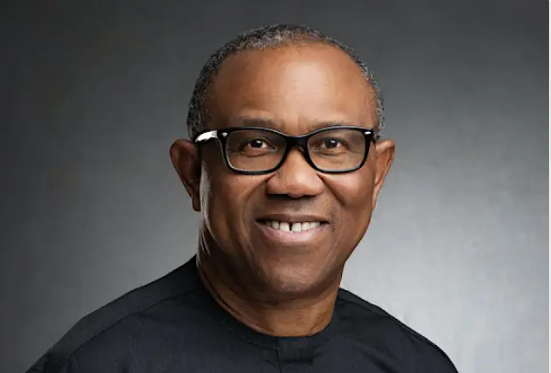Afimag.com –
The Labour Party presidential candidate in the 2023 elections, Peter Obi, has outlined reasons why foreign investors are shutting down operations in Nigeria.
Peter Obi gave the explanation while reacting to the reported exit of Procter & Gamble (P&G), a multinational consumer goods company in Nigeria.
Obi attributed the development to long-term prospects strategy, unattractive investment profile and a continuous deteriorating business environment, among other indices.
The former Anambra State Governor urged government at all levels in Nigeria to take immediate steps towards reversing the trend and keeping strategic international investors.
Recall that P&G had announced a limited market portfolio restructuring that includes pulling out of Nigerian and Argentinian markets.
Reacting to the development, Obi said: “A few months ago, I lamented the exit of one of the top global Pharmaceutical giants, GlaxoSmithKline (GSK) from Nigeria. GSK remains a top global pharmaceutical manufacturer and has had 51 years of operations in Nigeria.
“The reason for their exit was that there was no longer a perceived growth in Nigeria anchored on productivity. Today, Procter & Gamble (P&G), the world’s largest personnel care and household products company, makers of iconic brands like Pampers, Gillette, etc, is again leaving Nigeria, for the same reason GSK left.
“Following this also are French pharmaceutical company Sanofi-Aventis, and top Energy firm, Norwegian behemoth Equinor which has sold off its Nigerian business development associates Fifteen years ago, P&G, as they are commonly called, viewed Nigeria as a strategic country of importance and invested millions of dollars in an ultra-modern chain supply structure in Agbara which, sadly, is now up for sale.
“The presence of these iconic companies in any economy is not only that they signify trust and confidence, as well as belief in the medium to long-term socio-economic prospects of such countries, but they massively create jobs, invest in Research and Development, as well as pieces of training which smaller players in the industry learn from and adapt.
“They help, to a great extent to develop local talents for both local and global jobs. The exit of these top global companies shows that our medium to long-term prospects strategy is in the negative. Our investment profile is not attractive and our business environment is deteriorating continually.
“The purchasing power of most Nigerians is nose-diving every day. In the face of the absence of the rule of law, and a conducive business environment, it will be difficult to retain such iconic companies and talk more about attracting new ones.
“National greatness and development cannot be pursued in an atmosphere that is scaring away strategic international investors,” he wrote.








